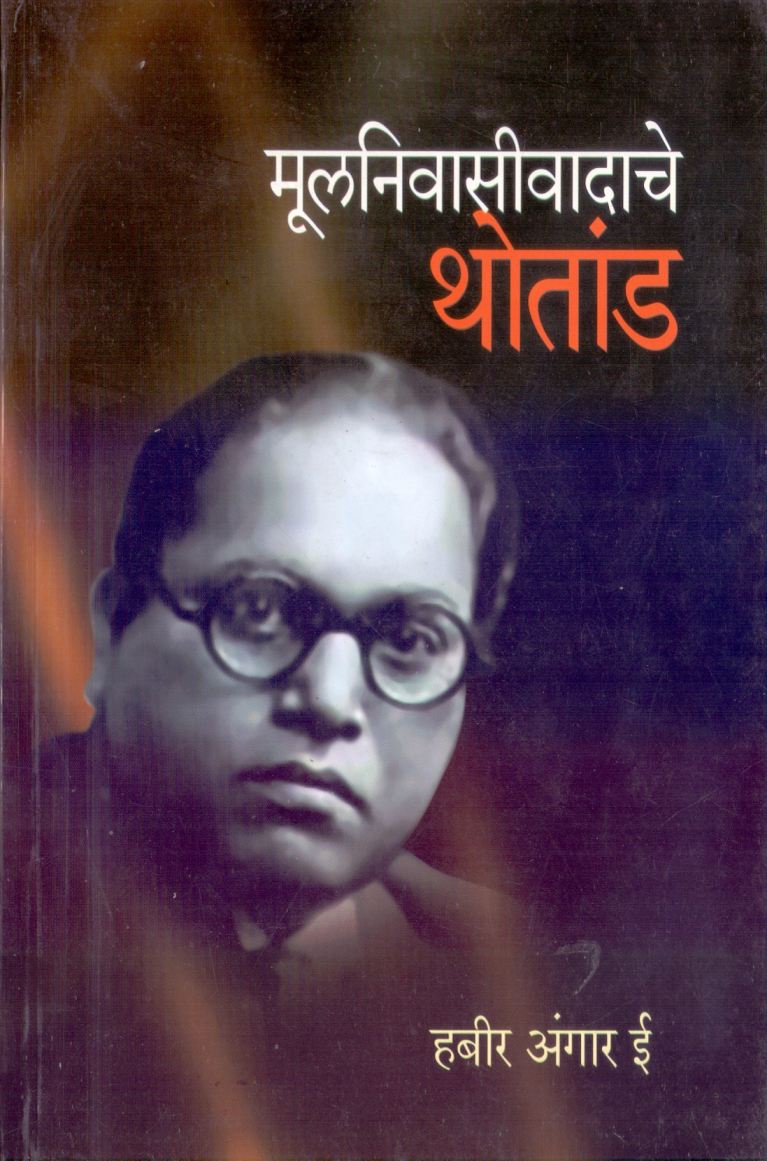
Author: Habir Angar
Publication: Sugava Prakashan
Category: दलित साहित्य-डॉ.बाबासाहेब आंबेडकर साहित्य
Qty:
- Standard delivery within 4-5 working days for Maharashtra.
- Standard delivery within 8-10 working days for locations outside Maharashtra.
Stock Availability- The availability of books depends on current stock levels. You will be notified if a selected book is out of stock.
Pricing Policy- Prices may vary based on the edition of the book.
